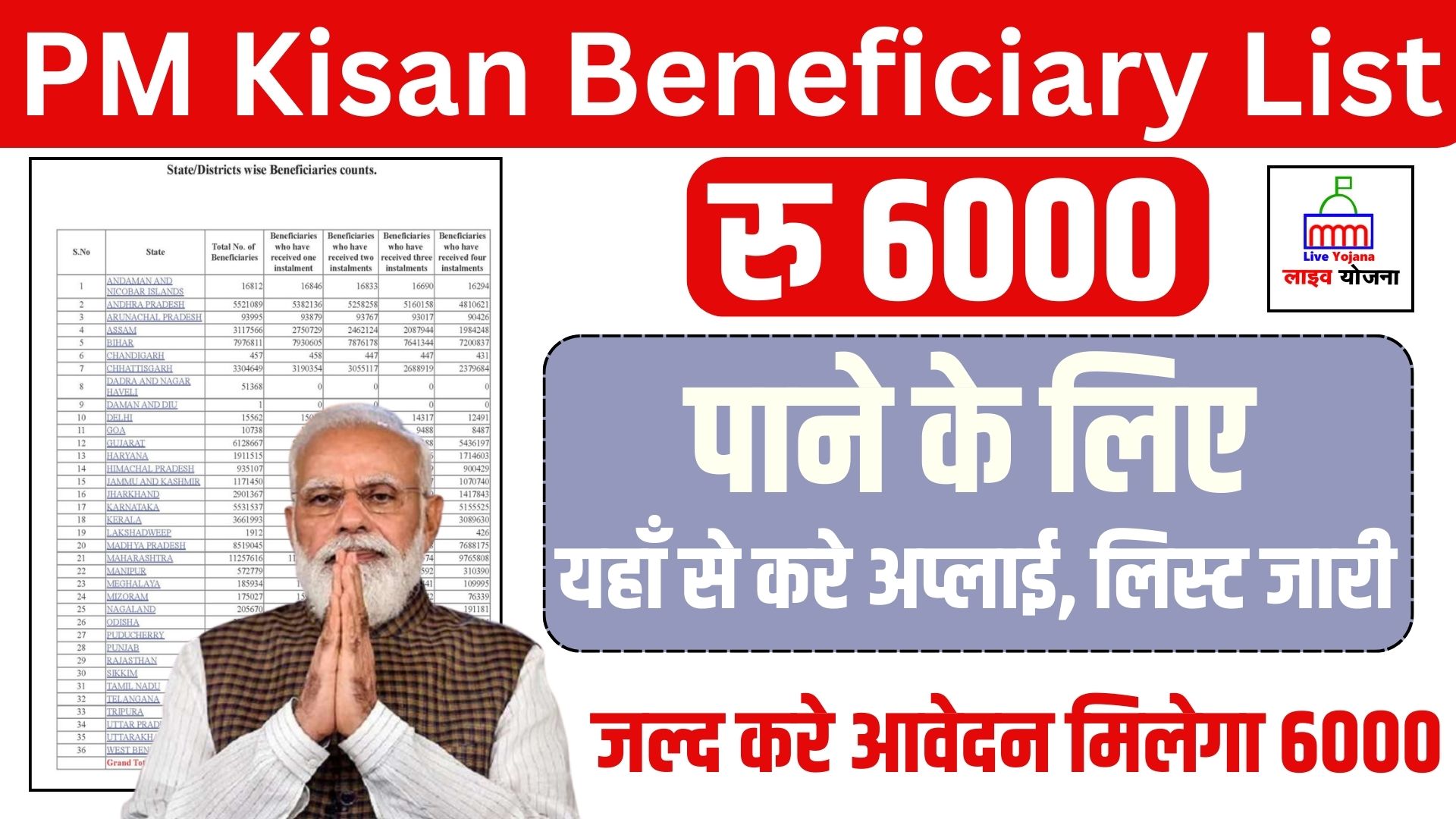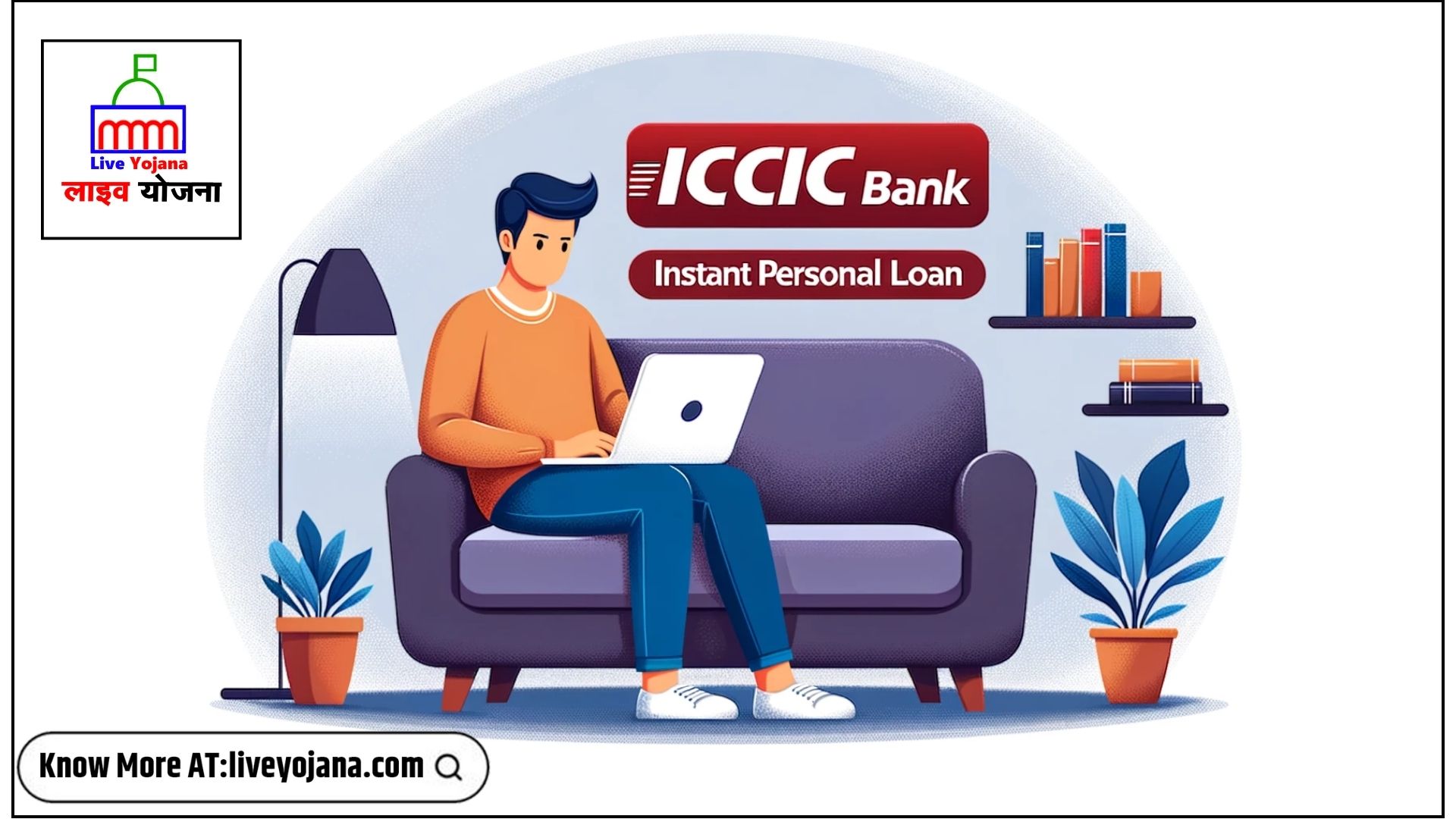WHAT'S IN THIS POST ?
What is Insurance?
It’s essential to compare different insurance policies and their premiums from various insurers to choose the best one that suits your needs and budget.

What is the 4 Wheeler Insurance Policy?
Company For Insuring Car: Four-wheeler insurance policy, also known as car insurance, is a type of insurance that provides financial protection against damage or loss caused to your car due to various reasons, such as accidents, theft, fire, natural calamities, and more. Car owners in India must have at least third-party liability insurance to cover any damages or injuries caused to a third party in case of an accident.
A four-wheeler insurance policy can be of two types:
- Third-Party Liability Insurance: This type of insurance only covers damages or injuries caused to a third party due to your car’s fault. It is the minimum insurance required by law in India.
- Comprehensive Insurance: This type covers damages or loss caused to your vehicle and third-party liability. It protects against theft, fire, natural calamities, and accidents.
You can choose the type of insurance based on your needs and budget. It’s essential to compare different policies and insurers before purchasing to get the best coverage at an affordable price.
Best Company For Insuring Car Bike Easily In India
Many insurance companies in India offer car and bike insurance policies. Choosing a company that provides comprehensive coverage, good customer service, and easy claim settlement is crucial. Here are some of the top insurance companies for insuring your car or bike in India:
- ICICI Lombard
- HDFC ERGO
- Bajaj Allianz
- Tata AIG
- Reliance General Insurance
- Bharti AXA
- Oriental Insurance
- United India Insurance
- New India Assurance
- National Insurance

It’s important to compare the policies offered by different insurance companies and choose the one that suits your needs and budget. You can check the policy features, premium rates, and customer reviews online to make an informed decision.
Required Documents For Insuring Vehicle
You must submit certain documents to the insurance company to insure your vehicle. The required documents may vary depending on the type of policy you choose and the insurer’s specific requirements. However, here are some of the commonly required documents for insuring a vehicle in India:
- Vehicle registration certificate (RC): A copy of the vehicle’s RC is required to prove ownership and other vehicle details.
- Valid Driving License: A valid driving license is required to verify that the person applying for insurance is authorized to drive the vehicle.
- Pollution Under Control (PUC) Certificate: A valid PUC certificate is required to ensure the vehicle meets the pollution control norms.
- ID Proof: You must provide a copy of your ID proof, such as an Aadhaar card, Voter ID card, or passport.
- Address Proof: You must provide a copy of your address proof, such as an Aadhaar card, utility bill, or passport.
- Passport-size photograph: A passport-size photograph is required for identity verification.
- Previous Insurance Policy: If you have an existing insurance policy, you must provide a copy of the policy document.
You must check with your insurance company for their specific requirements and the documents needed to insure your vehicle.
In Which Term An Individual Can Claim an Insurance
An individual can claim insurance in case of any loss or damage covered under the insurance policy. The claim can be made during the policy period or after the policy expires but within the policy’s validity. The insurance company will investigate the claim and assess the damages before approving or rejecting the claim.
There are two types of claims that an individual can make under an insurance policy:
- Cashless Claim: In a cashless claim, the insurance company directly settles the claim with the garage where the vehicle is repaired. The insured only needs to pay the deductibles or other expenses not covered under the policy.
Different Types of Insurance Policies Available in India
- Life Insurance: Life insurance policies provide financial protection to the policyholder’s family in case of their untimely death. There are various life insurance policies, such as term insurance, endowment plans, ULIPs, and money-back plans.
- Health Insurance: Health insurance policies cover medical expenses incurred due to hospitalization, surgery, or critical illness. Individual health insurance policies, family floater plans, and group health insurance policies exist.
- Motor Insurance: Motor insurance policies provide financial protection in case of damage or theft of the insured vehicle. Two types of motor insurance policies are third-party liability insurance and comprehensive insurance.
- Travel Insurance: Travel insurance policies cover financial losses incurred due to trip cancellation, medical emergencies, and loss or theft of baggage or passports.
- Home Insurance: Home insurance policies cover damages to the insured property due to natural disasters, fire, theft, or other unforeseen events.
- Personal Accident Insurance: Personal accident insurance policies provide financial assistance to the insured or their family in case of accidental death, permanent disability, or temporary disability.
- Commercial Insurance: Commercial insurance policies cater to the insurance needs of businesses. There are various commercial insurance policies, such as fire, liability, marine, and aviation insurance.
- Cyber Insurance: Cyber insurance policies cover losses incurred due to cyber-attacks such as data breaches, identity theft, and ransomware attacks.
- Crop Insurance: Crop insurance policies provide financial protection to farmers in case of crop failure due to natural disasters or other unforeseen events.
- Pet Insurance: Pet insurance policies cover medical expenses incurred due to illness or injury of the insured pet.
Factors Defining Your Life Insurance Coverage
Although Life insurance coverage and its premiums depend upon various factors, some important ones are:
- Age of the policyholder
- Health conditions – both current and history
- Occupation
- Smoking and drinking habits
- type of insurance policy
- Claim history
- Location102:27 PM
सारांश (Summary)
तो दोस्तों आपको कैसी लगी यह 4 Wheeler Insurance policy योजना कि जानकारी तो हमें कमेंट बॉक्स में बताना न भूलें और अगर आपका इस लेख से जुड़ा कोई सवाल या सुझाव है तो हमें जरूर बताएं। और दोस्तों अगर आपको यह आर्टिकल पसंद आया हो तो इसे लाइक और कमेंट करें और दोस्तों के साथ शेयर भी करें।
Disclaimer: दोस्तों, हमारी वेबसाइट (liveyojana.com) सरकार द्वारा चलाई जाने वाली वेबसाइट नहीं है,ना ही किसी सरकारी मंत्रालय से इसका कुछ लेना देना है | यह ब्लॉग किसी व्यक्ति विशेष द्वारा द्वारा चलाया गया है। हमारी पूरी कोशिश रहती की एकदम सटीक जानकारी अपने पाठकों तक पहुँचाया जाए।
लेकिन लाख कोशिशों के बावजूद भी गलती की सम्भावना को नकारा नहीं जा सकता। इस ब्लॉग के हर आर्टिकल में आधिकारिक वेबसाइट की जानकारी दी जाती है। हमारा सुझाव है कि हमारा लेख पढ़ने के साथ-साथ आप आधिकारिक वेबसाइट से भी जानकारी जरूर लीजिये । अगर किसी लेख में कोई त्रुटि लगती है तो आपसे आग्रह है कि हमें जरूर बताएं।
इस आर्टिकल को अंत तक पढ़ने के लिए धन्यवाद…!!
Posted By-Govinda Rauniyar
An insurance policy is a contract between the insurer (insurance company) and the insured (policyholder) that provides financial protection against specified risks in exchange for premium payments.
There are various types of insurance policies, such as life insurance, health insurance, motor insurance, travel insurance, home insurance, personal accident insurance, commercial insurance, cyber insurance, crop insurance, and pet insurance.
Insurance provides financial protection against unforeseen events and helps to mitigate financial risks. It can provide peace of mind and help you plan for the future.
The amount of insurance coverage you need depends on your needs, such as age, income, family size, and financial obligations. It is advisable to assess your needs and consult an insurance agent or financial advisor.
4 Wheeler Insurance Types of Insurance Policies Life Insurance Coverage Required Documents for Insuring Vehicle Company For Insuring Car
A premium is the amount the policyholder pays to the insurer in exchange for the insurance coverage. The premium can be paid as a one-time payment or in regular installments.
A deductible is the amount the policyholder must pay out of pocket before the insurance company pays for any covered expenses. It is typically found in health insurance and auto insurance policies.




